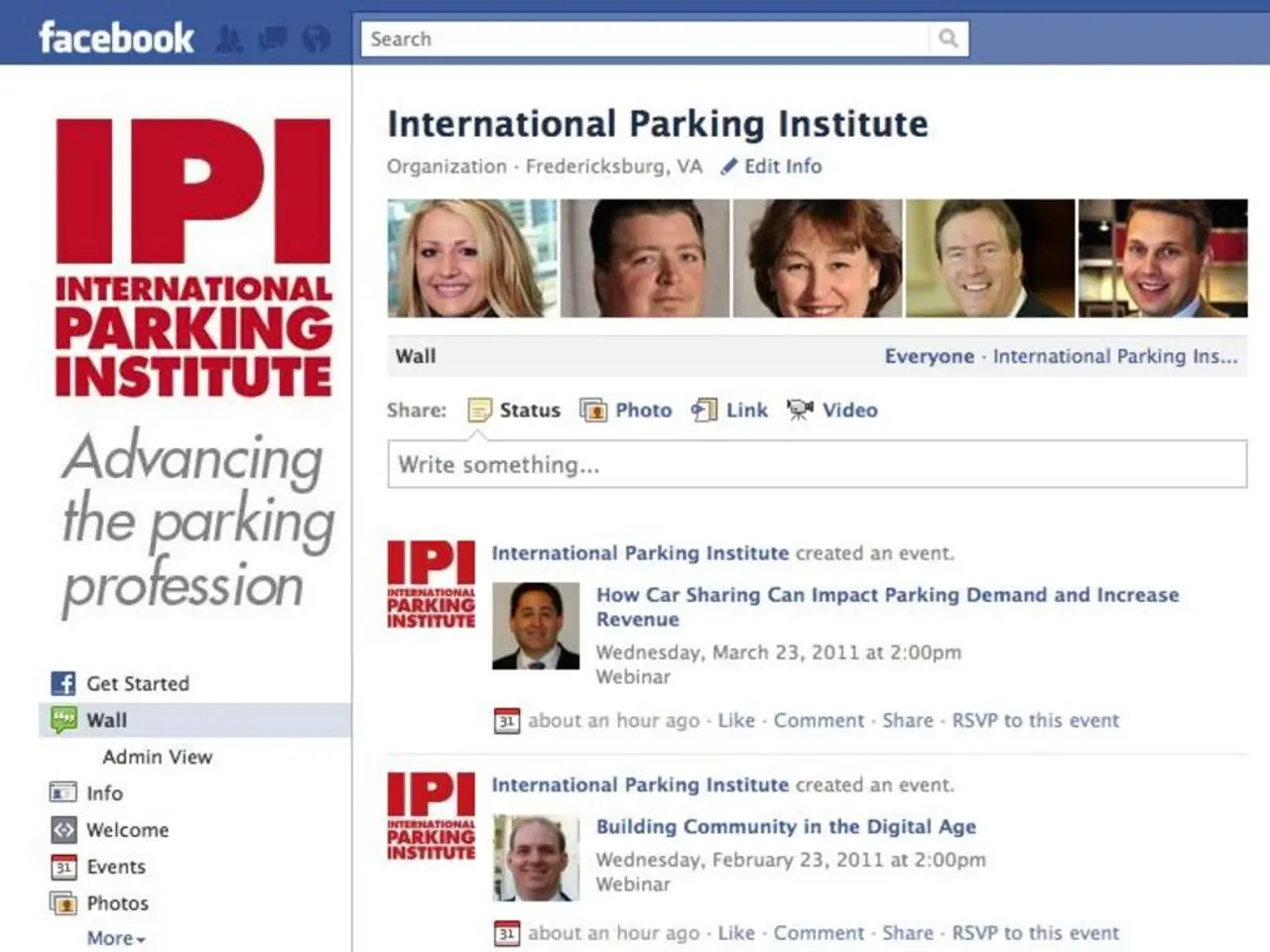Smarteest Individuals Often Fall Prey to Misleading Information
In today's digital world, misinformation has become a pervasive problem that affects us all. Aditya Shukla, a psychology SME consultant in EdTech with a focus on AI cognition and Behavioral Engineering, sheds light on the challenges in countering misinformation and provides valuable insights on how to approach it.
Misinformation, often driven by system 1 thinking, relies on feelings and quick judgments, making it susceptible to error and misinformation. This is further exacerbated by confirmation bias, where individuals tend to choose only facts and narratives that support their beliefs. False Face validity, another psychological factor, occurs when misinformation appears correct due to linguistic trust signals, even without evidence.
The illusory truth effect, a cognitive bias, plays a significant role in the spread of misinformation. When misinformation is repeated, it becomes easier to process and trick the brain into thinking it is familiar and correct. The Gell-Mann amnesia effect, on the other hand, causes people to accept analyses on unfamiliar topics, even if the author's logic is flawed.
Doing one's own research can be ineffective against misinformation due to psychological variables such as the illusory truth effect, confirmation bias, false face validity, and the Gell-Mann amnesia effect. However, basic facts serve as a vaccine against misinformation, as people tend to remember what they learn first.
The decline in empathy levels and the impact of social media on relationships and the brain are also discussed in this article, which is part of a series on digital civics and concepts of human interaction.
To counter misinformation, one should be open to trusting experts who can explain their thought process, learn technical terminology and processes, and understand confusion. This requires a lot of mental effort, and not everyone is always up for it. But the least that most people can do is accept that they have fallen for misinformation and be open to changing their thought process.
In the digital world, it's essential to practise good hygiene and netiquette. Over 72% of people are exposed to misinformation at least once a month on social media, and only 42% of the online world trusts information on social media. A fairly large number (48%) of 12-15-year-olds in a UK sample know they can do a quick fact check.
The article is referenced and featured in various publications, including the New York Times, Forbes, CNET, and Entrepreneur. It also highlights the threats, hygiene, and netiquette in the digital world, as well as ways to counter pseudoscience. Researchers and institutions contributing to the study of psychological factors leading to the belief in misinformation include those conducting psychological studies on the effects of misinformation on topics like climate change, which are reported by sources such as DIATRA-Verlag. Additionally, experts advising on how children learn to recognize fake news contribute insights into this area.
In conclusion, navigating the info-sphere requires vigilance, critical thinking, and a willingness to learn. By being aware of the psychological factors that contribute to the belief in misinformation and adopting good digital hygiene and netiquette practices, we can help counter the spread of misinformation and promote a more informed and empathetic digital community.
Read also:
- Trump's impact on Americans to be explored in new podcas to be hosted by Alex Wagner, in partnership with Crooked Media
- Trials in Quebec mirroring the strains, aspirations, and divisions of the present era
- Mourning a Mother's Death: Strategies for Daughters to Find Comfort
- Cultivating Adaptable Companies: The Strength of an Educative Environment




